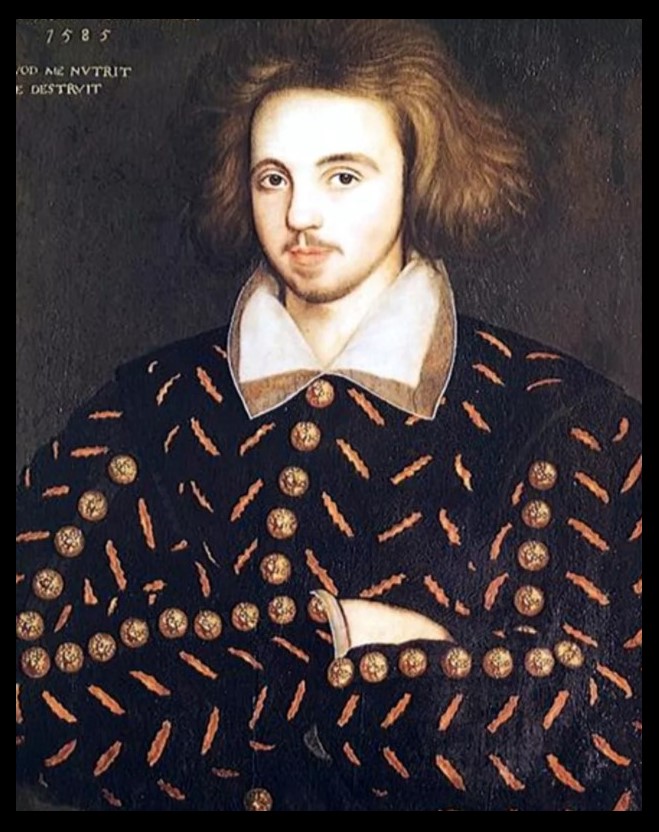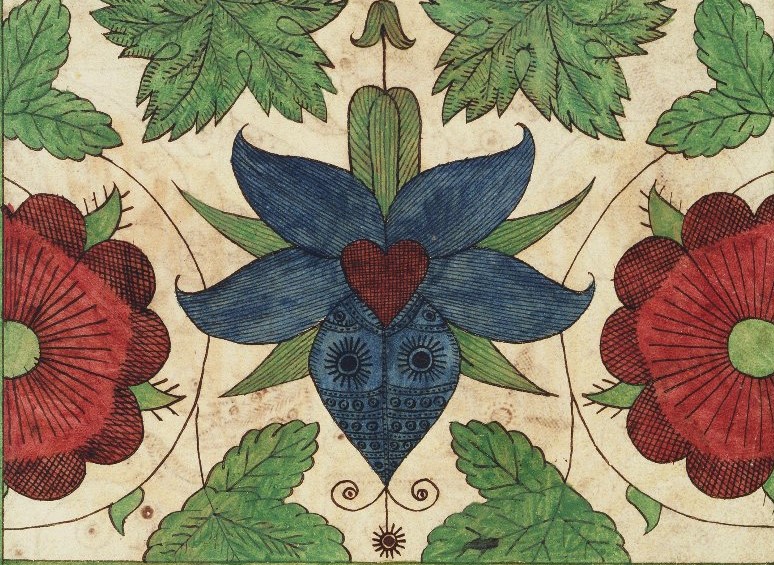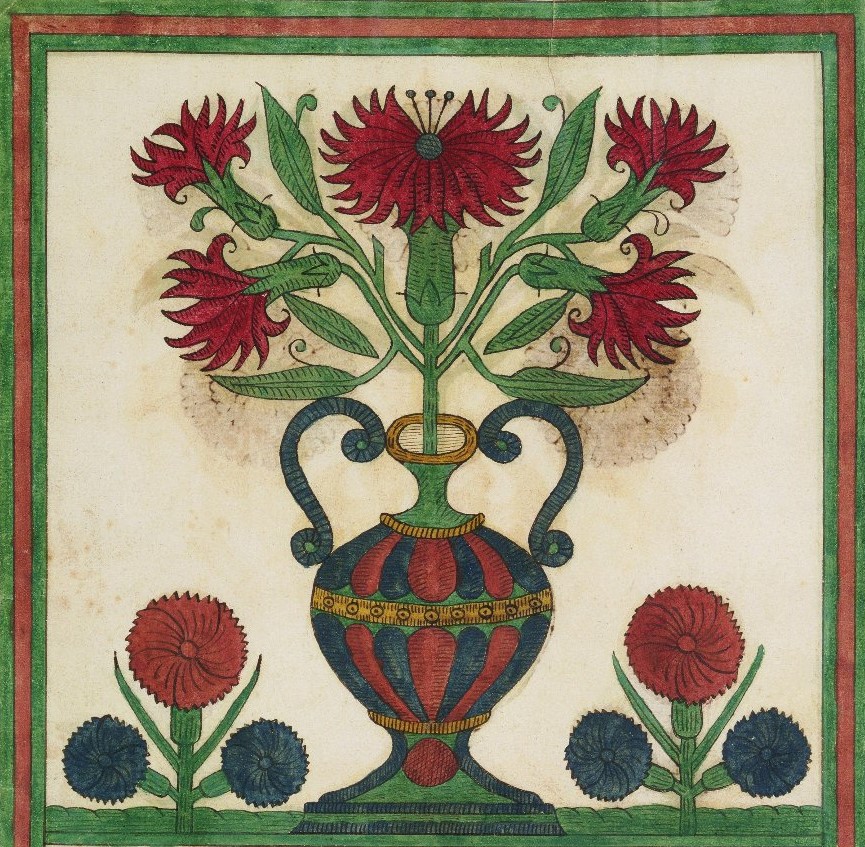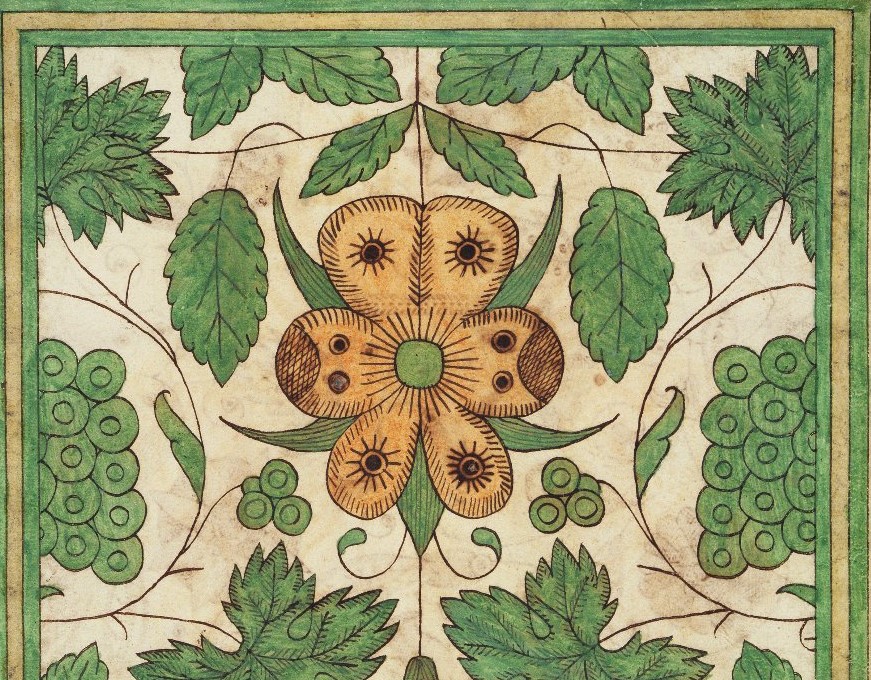The Kit Marlowe Project is a digital space designed to introduce students with diverse majors to project-driven, research-based learning, and digital humanities practices in the context of studying one of Elizabethan England’s most compelling literary figures. As one of Shakespeare’s most famous contemporaries, Christopher Marlowe was a poet, playwright, and likely spy; his friends called him “Kit” and so do we. The site has been created so that students may contribute to open-access data initiatives and preservation efforts by transcribing, encoding, and publishing archival works in an open-access forum. Students also have curated a digital collection of Marlowe’s works, and provided models for data cleaning, text analysis, creating network visualizations and more. Excepting selected About blogs, Teaching Resources, and the Mini-Archive documentation, all content has been student-generated.
Please move your cursor over the tiles to read short blogs about The Kit Marlowe Project’s inception and evolution, students’ reflections about their experiences as contributors, as well as links to featured scholarship and events.
This project was brought to life by undergraduates enrolled in Stonehill College’s Fall 2017 team-taught Learning Community entitled “A Rogue’s Progress: Mapping Kit Marlowe’s Social Networks.” But our team extended well beyond instructors Kristen Abbott Bennett and Scott Hamlin. We had much help turning a concept into work products from Scott Cohen and his fellows at Stonehill’s Digital Innovation Lab. In March 2018, we launched the project publicly as one of eight competitively awarded digital exhibits at the 46th Shakespeare Association of America annual meeting in Los Angeles. The project traveled with Bennett to Framingham State University in Fall 2018 where it has offered a use-case for the creation of a Digital Humanities Minor, and currently supports internships in Professional Writing and Digital Humanities.
 The Kit Marlowe Project is directed by Kristen Abbott Bennett and licensed under a Creative Commons Attribution-NonCommercial-ShareAlike 4.0 International License.
The Kit Marlowe Project is directed by Kristen Abbott Bennett and licensed under a Creative Commons Attribution-NonCommercial-ShareAlike 4.0 International License.




